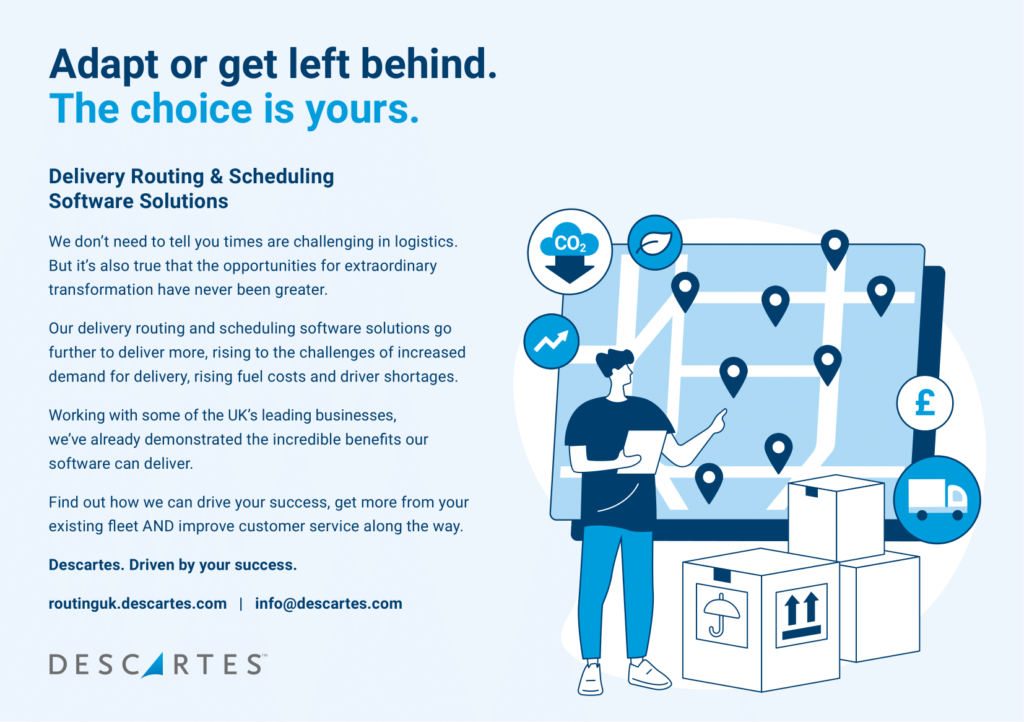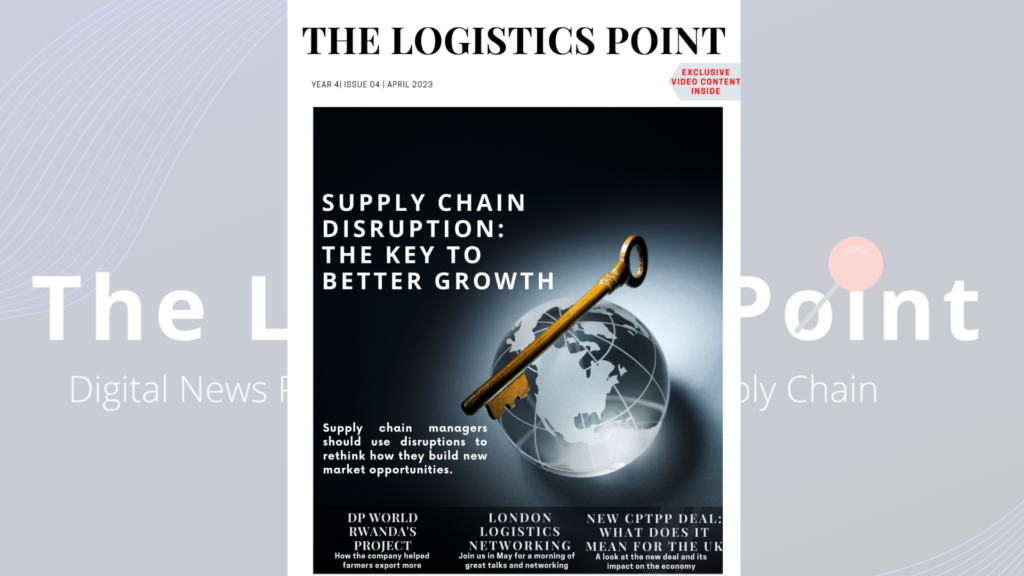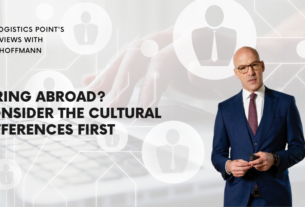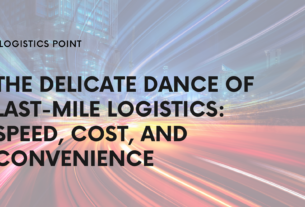Eurora, a leading platform for cross-border trade compliance using AI/ML (artificial intelligence/machine learning), has published a report titled “The Case for AI in Cross-Border Trade” specifically for retailers. The report demonstrates how AI and automation can assist retailers in complying with the diverse cross-border trade regulations enforced by different countries whilst streamlining processes like HS code assignment and tax calculation.

The report addresses the challenges faced by logistics providers and the e-commerce sector due to an increasingly diverse and complicated regulatory environment, including the US STOP ACT, Singapore’s new GST rules, Dubai’s customs duty charges, the UK Customs Declaration Service, Canada’s CARM importing regime, the European Union’s Import Control System 2 (ICS2), VAT in the Digital Age (ViDA), and the EU’s Carbon Border Adjustment Mechanism (CBAM).
Traditionally, manual HS code assignment has been laborious, with one person typically capable of assigning only eight codes per hour. AI technology can automate this process, saving significant time and reducing errors. AI can quickly assign correct codes to thousands of packages within seconds, screen for denied parties, and accurately calculate taxes and duties throughout the sale process.

Companies like DPD, Skynet, Joom, and Wish already use Eurora’s technology to ship millions of packages daily.
The growth of e-commerce and the resulting increase in the volume of packages sent internationally has prompted increasing scrutiny from regulators around fraud and tax evasion with cross-border trade. Countries have found that tighter controls offer more safety and more revenue. For example, the European Union collected over €8 billion in the first six months of EU VAT eCommerce package implementation (starting July 1, 2021).

These new regulations require customised and high-quality data, which lies at the heart of the compliance challenges faced by the industry. The paper argues that data presents an opportunity to not only tackle compliance problems but also combat broader operational challenges, such as cross-border cart abandonment. It also highlights AI’s relevance to other aspects of cross-border trade, such as sustainability, tax collection, and transportation security.
“The report outlines the advantages of AI adoption and highlights its role in keeping up with regulatory and policy changes and optimising business operations. As upcoming regulations around transport security, tax, and sustainability are expected to bring more disruption, AI will become not just an option but a necessity to deal with these changes,” said Walter Trezek, Chairman of the Universal Postal Union and Non-executive Chairman of the Supervisory Board at Eurora.
“The volume and complexity of data required to ship packages internationally can be overwhelming,” said Paul Scratchley, Commercial Director of Eurora. “Processing shipments quickly and accurately is crucial for a company’s profitability, especially with increasing regulatory enforcement. AI adoption is growing among businesses, and our data indicates that using AI technology for cross-border trade can save up to 96% in costs. This presents a significant competitive advantage as data plays an increasingly vital role in international trade.“
The full report can be found here.
Eurora leverages AI/ML to streamline cross-border VAT, duty amounts, and declaration management. The company’s proprietary AI/ML platform has a processing capacity of up to 5,000 requests per second with 98% accuracy*, making it the most efficient and accurate solution on the market.



